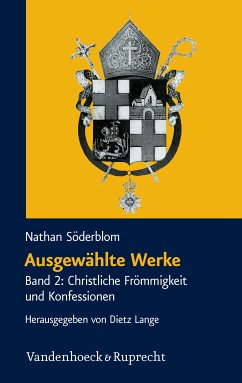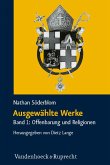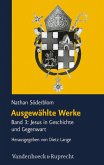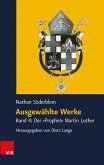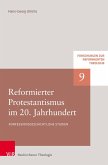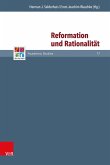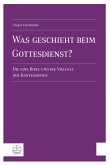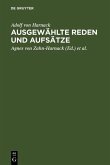The second volume of Söderblom's Selected Works is dedicated to his idea of church unity. He views it as a unity of personal faith in a multiplicity of doctrines and jurisdictions, primarily in three forms of »catholicity«, viz. Greek Orthodoxy, Roman Catholicism and Protestantism. Such differences are natural, paralleled in all major religions. Unity must nonetheless become tangible in mutual respect for other denominational traditions, as well as in Christian love cooperating to alleviate the material and spiritual need after World War I. The urgency of the latter task required precedence of the Life and Work section of the ecumenical movement over Faith and Order. Such was the basis of the Stockholm conference of 1925. It was intended as a pioneering event for the reconciliation of nations. It was obvious that the Vatican would not go along with this concept, but Söderblom never lost hope that in the end some such solution would prevail.
Dieser Download kann aus rechtlichen Gründen nur mit Rechnungsadresse in A, B, BG, CY, CZ, D, DK, EW, E, FIN, F, GR, H, IRL, I, LT, L, LR, M, NL, PL, P, R, S, SLO, SK ausgeliefert werden.

